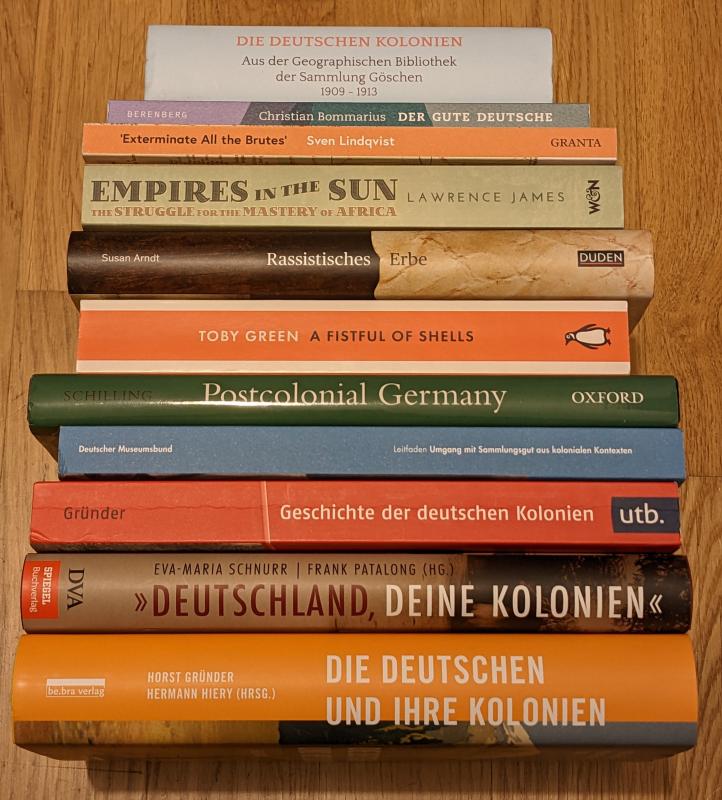The open Wikidata edit-a-thon held virtually in November 2022 at the Museum für Naturkunde Berlin had set itself the goal of providing better access to information about collection agents from colonial contexts and thus improve transparency. The museum's open, participatory approach and the Wikidata platform were introduced to representatives of other GLAM institutions from Germany and around the world. About thirty participants from nine countries edited entries about people active in the former German colony Kamerun (today Cameroon). Additionally, archival material was linked, references were made to collections holding objects, and missing institutions or localities were newly created.
Voluntary engagement of interested people from around the world
In addition to employees from various departments of the MfN (Humanities of Nature, archive, coordination office for scientific publishing and transcription workshop), the group included many representatives of GLAM institutions. Among them were, for example, employees from the German Museum in Munich, the Technical University of Berlin, the Naturalis Biodiversity Center in Leiden, the Musée national d'histoire naturelle Luxembourg, the State Museums in Berlin, the Grassi Museum for Ethnology in Leipzig, the State Ethnographic Collections in Saxony, the German Lost Art Foundation, the Bauhaus Archive Berlin, the Wegemuseum Wusterhausen (Dosse) and the Leibniz Institute of Freshwater Ecology and Inland Fisheries, Berlin. Furthermore, representatives of various Wikimedia user groups (e.g. from Nigeria and New Zealand) and citizen science activists completed the group.
In addition to an introduction to Wikidata and its potential for collection-holding institutions, and a presentation of the goals of the collectors project and the edit-a-thon, interesting guest lectures enriched the event. Dr. Katja Kaiser (Humanities of Nature, MfN Berlin) gave a presentation on "Collections from colonial contexts - debates, approaches and case studies" while the lecture entitled “What can we do with all of these disambiguated data?” by Dr. Quentin Groom (Botanical Garden Meise, Belgium) discussed which research questions can be answered using disambiguated people data from the collections.
Collectors or rather looters?
Concepts and terminologies were discussed, including terms related to “collecting” in the context of violence and unethical collecting practices in former colonies. With the participation of volunteers from Cameroon and its neighboring countries, an attempt was made to consider non-European perspectives as well as the contribution of so-called “hidden champions”, which previous research has only considered to a very limited extent. There is a need for even more exchange with people from the communities of origin in order to enable access to information but also to enrich data according to their requirements and needs. Opening up institutional data also has positive effects for a large number of other institutions, collections and other actors. This was evident from the beginning because the group of people linked to natural history and ethnological collections are overlapping. Therefore, Wikidata provides an important platform facilitating provenance research and other transdisciplinary studies.
During the two-day workshop, participants checked and edited a total of 4769 Wikidata objects, created 33 new objects and added 475 references. Possibly even more important than the newly added and enriched data could be the hoped-for effect of broader acceptance of Wikidata as a central broker for people data on collection agents and the potential role of some participants as multipliers.


